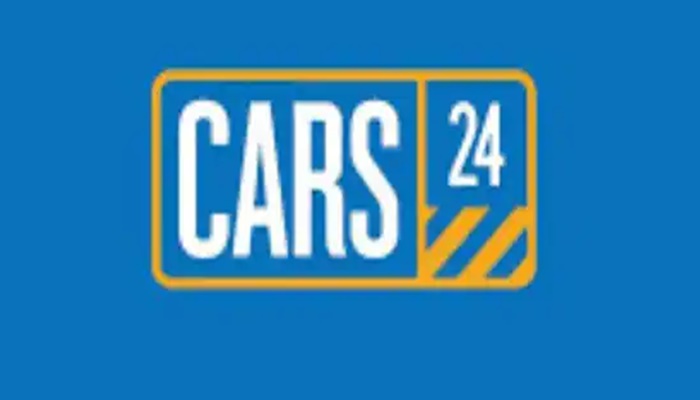Applying for jobs can be a frustrating experience—especially when you’re qualified but hear nothing back. That’s exactly what happened to one jobseeker who found himself stuck. Despite applying to 47 roles for which he believed he was fully qualified, only three companies responded. The silence from employers was frustrating and baffling. It wasn’t a lack of experience or a weak resume—he was confident in both. But something clearly wasn’t working.
It wasn’t until a friend working in HR gave him crucial resume tip that changed everything. The story shared on Reddit, revealed a major flaw in how companies filter candidates today—and why getting hired often depends more on language than qualifications.
The Hidden Filter: ATS Systems
His HR friend pointed out a common but often overlooked issue: applicant tracking systems (ATS). These software tools are widely used by companies to sort through job applications before a human ever sees them. The system scans resumes for keywords pulled directly from the job description, filtering out any that don’t match—even if the applicant has the right qualifications in different words.
For instance, a candidate might use the term “client engagement,” while the job post asks for “customer success.” Despite meaning the same thing, the mismatch could lead to an automatic rejection by the ATS.
Simple Experiment That Changed the Outcome
Determined to test this theory, the jobseeker split his applications. For half, he used his original resume. For the other half, he edited the document to include keywords directly from the job descriptions—still truthful and relevant, just differently worded.
The results were eye-opening. The version with keyword optimization received nearly three times the responses, even though nothing else had changed—same experience, same skills, just different language.
Beating the System with AI
Many others online shared similar experiences. Some started using tools like ChatGPT to help optimize their resumes for ATS. By copying the job description and asking the AI to align their resumes with the required language, applicants noticed a substantial improvement in callback rates.
Some took it a step further, using services on platforms like Fiverr to get their resumes fine-tuned for ATS compatibility. Others emphasized the importance of having a “Skills” section packed with both valuable competencies and hard-to-spot keywords—terms that might help pass automated filters.
Not About Qualifications Anymore?
This shift in job hunting raises larger questions. Several users expressed frustration that hiring decisions now seem to depend more on passing algorithmic checks than on genuine merit. Many felt exhausted by the need to “game the system” just to be seen, with some even saying they felt disillusioned about the job market as a whole.
Still, some took this challenge as a sign of adaptability. By using AI to outsmart the very filters that were holding them back, they found themselves back in the game—with no changes to their actual qualifications.
The takeaway is clear: matching a job posting’s language word-for-word can make or break your chances, regardless of your actual capabilities. In today’s tech-driven hiring process, it’s not just about what you’ve done—but how you phrase it.
In an era where AI tools can help level the playing field, those who adapt quickly may find themselves ahead. The lesson? Don’t just polish your resume. Make sure it speaks the same language as the systems reading it.




















